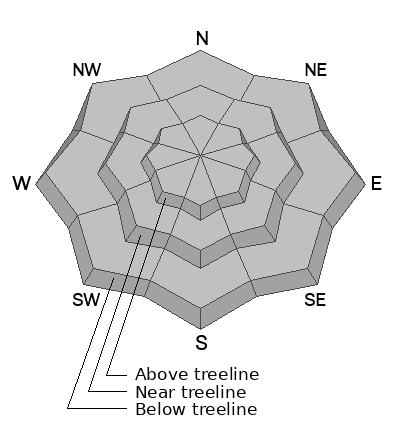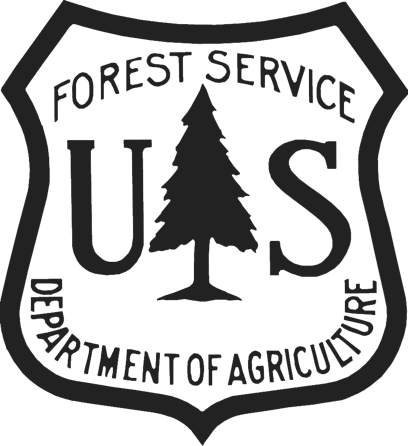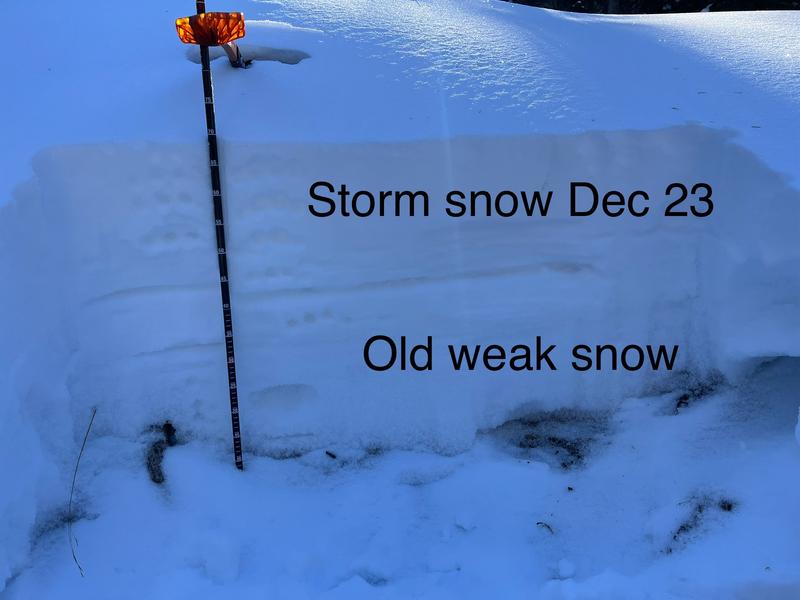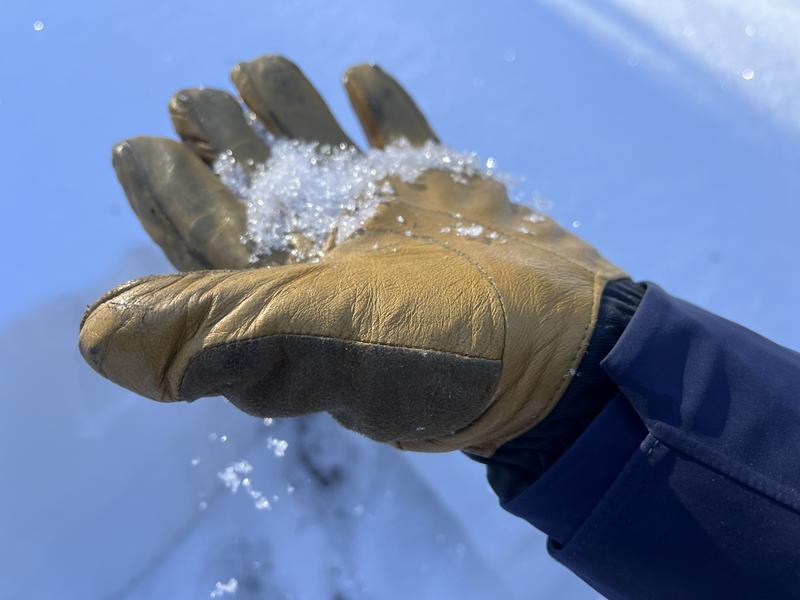Forecast for the Abajos Area Mountains

Issued by Eric Trenbeath on
Saturday morning, January 13, 2024
Saturday morning, January 13, 2024
Dangerous conditons exist in the Abajo Mountains and human triggered avalanches, failing on a buried weak layer of sugary, faceted snow are likely on steep, northerly facing slopes. Human triggered avalanches involving unstable slabs of wind drifted snow are possible on all aspects. Wind slabs form on the leeward sides of ridge crests and terrain features such as gully walls and subridges. They are often recognizable by their smooth, rounded appearance, and cracking is a sign of instability. Avoid steep slopes that have recent deposits of wind drifted snow.

Low
Moderate
Considerable
High
Extreme
Learn how to read the forecast here




